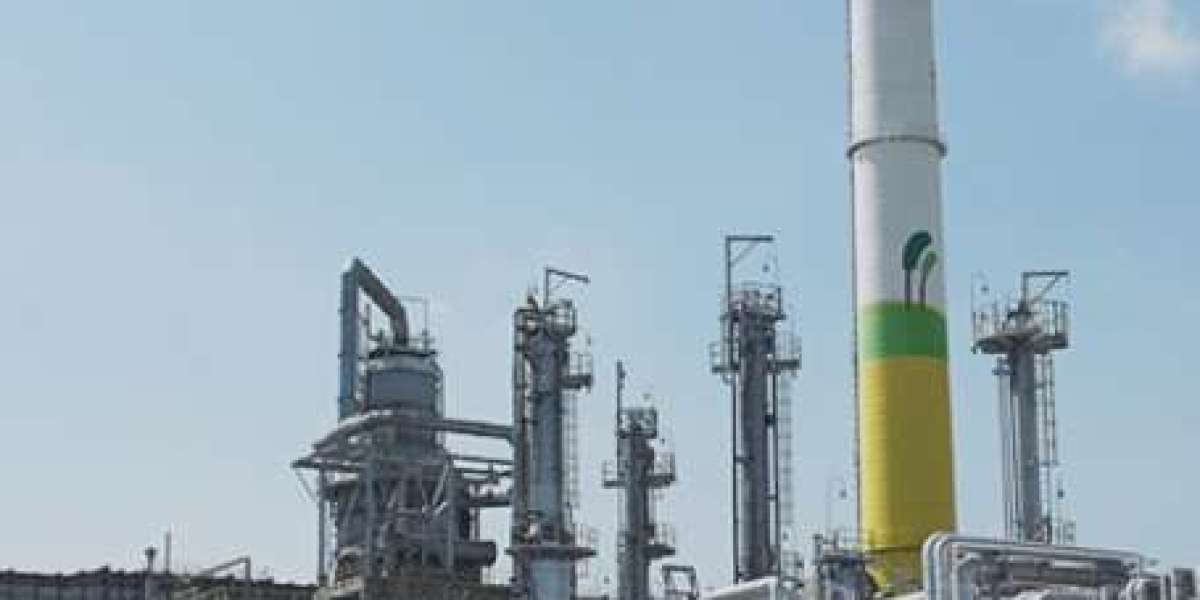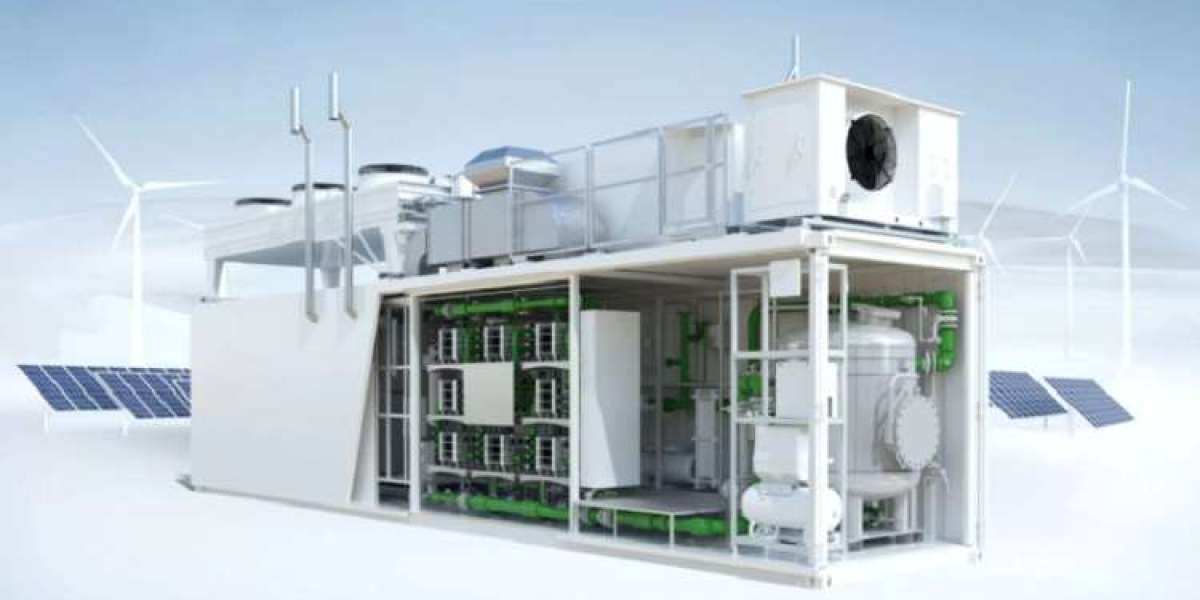The Middle East, a region renowned for its vast oil reserves, is a global hub for crude oil refining. While this strategic position offers numerous advantages, it also presents unique challenges that shape the industry's trajectory.
Advantages of Middle Eastern Refining
Abundant Crude Oil Reserves: The region possesses some of the world's largest oil reserves, providing a consistent and reliable supply of feedstock for refineries.
Strategic Geographic Location: The Middle East's strategic location near major oil-consuming markets in Asia and Europe offers significant advantages in terms of transportation and logistics.
Government Support: Many Middle Eastern countries have strong government support for their oil and gas industries, including favorable policies, infrastructure investments, and financial incentives.
Challenges Facing Middle Eastern Refining
Complex Crude Oil Slates: The region's crude oil slates are diverse, ranging from light, sweet crudes to heavy, sour crudes. This diversity requires flexible refining processes and significant investments in upgrading technologies to produce high-value products.
Infrastructure Constraints: Despite significant investments, some countries in the region still face infrastructure challenges, such as limited pipeline capacity and port facilities, which can hinder the efficient transportation and export of refined products.
Environmental Concerns: Growing environmental concerns and stricter regulations are putting pressure on the refining industry to reduce its carbon footprint and minimize pollution. This necessitates investments in cleaner technologies and low-carbon fuels.
Geopolitical Risks: The Middle East is a region prone to geopolitical tensions and conflicts, which can disrupt oil production, refining operations, and the transportation of refined products.
The Way Forward
To address these challenges and capitalize on the opportunities, Middle Eastern refineries are taking several steps:
Upgrading Heavy Crudes: Investing in complex refining technologies to upgrade heavy, sour crudes into higher-value products like gasoline and diesel.
Producing Petrochemicals: Diversifying into petrochemical production to create value-added products.
Embracing Digitalization: Adopting advanced digital technologies to optimize operations, improve efficiency, and reduce costs.
Investing in Low-Carbon Technologies: Exploring and implementing technologies to reduce greenhouse gas emissions and improve energy efficiency.
By strategically addressing these challenges and leveraging their advantages, Middle Eastern refineries can continue to play a vital role in the global energy landscape.







